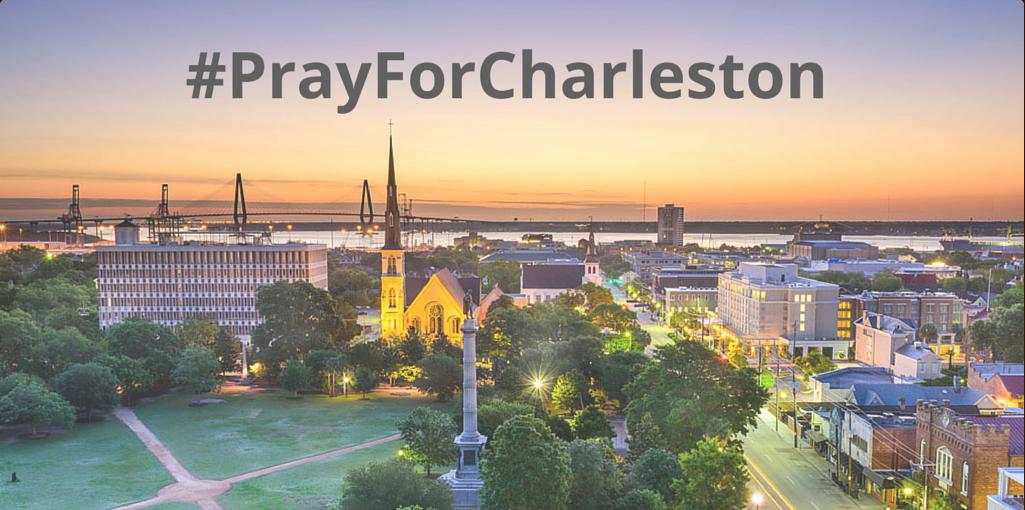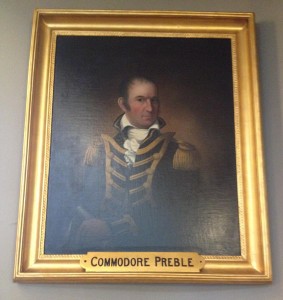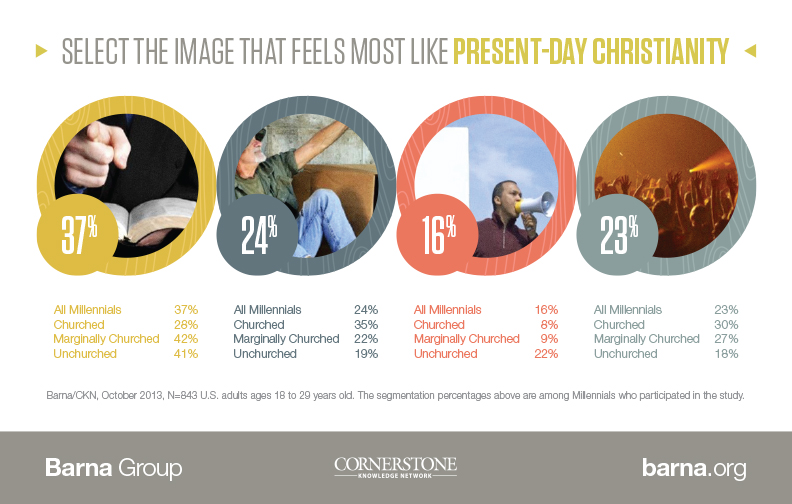I am a living historian and portray a Federal Chaplain assigned to the 28th Massachusetts Infantry Regiment of the famed Irish Brigade. I do not glorify war but study the past to help influence the future. We must understand the past, not the past we want to believe, but the past as it happened. The American Civil War is a stain on the history of the United States, but we cannot deny that it happened or the reasons why it happened.
The reasons for the war are a varied as the people who fought it, but I think we can all agree that the first reason was the issue of slavery in the South. Slavery was part of the fabric of British North America and continued to be woven into the fabric of the United States. I am of the opinion that if the framers of the Constitution had tried to outlaw slavery, or restrict it in any way, it would never have passed. So we began the great history of the United States with a compromise, and it was that compromise that eventually led to the Civil War.
The first thing to remember is that the flag that is the center of the controversy is the Battle Flag of the Army of Northern Virginia and adopted by this army in 1861. It was NOT, as has been depicted in various media outlets, the flag of the Confederacy. Yes, the battle flag became part of the official flag of the #Confederacy in 1863 the flag was used primarily in battle.
When the war ended, the flag was folded and put away. It would make an appearance every now and again at reunions or a parade, but it was not in use. It was used as a symbol of heritage, much like the Scottish flag that I fly from time to time, but it become more than that and that is what has led us to the discussion we find ourselves in today.
In 1948, there was a revolt in the Democrat party against the desegregation of the military and anti-lynching bills that were authored by President Harry Truman. Beginning in Mississippi that same year when Southern Democrats began waving the Confederate Battle Flag and shouting the “rebel yell.” This spilled over to the Democratic National Convention in July of that year when nine Southern States backed Georgia’s Senator Richard Russell over Truman. His supporters paraded around the convention floor carrying the flag and singing Dixie.
A breakaway party known as the #Dixiecrats and headed by South Carolina Senator Strom Thurman convened in Birmingham Alabama and nominated Thurman as President. Sales of the flag skyrocketed, and shopkeepers could not keep them on the shelves. The sentiment of the flag had switched from that of heritage to that of segregation. Over the next two decades, the Klan had begun to use the flag, and other “white pride” organizations started to use it. It’s meaning, in the political context was now clear.
When Dylan Roof walked into the Bible Study at the Emmanuel African Methodist Episcopal Church in #Charleston South Carolina, the flag once again became a symbol of #racism and hate. Not long after the heinous act, a picture of roof festooned with the flag began to emerge. The flags located at the Capitol Building and grounds in Columbia were lowered to half-staff except for the #Confederate Battle Flag, and it became a lightning rod for racism in America. The cry has now gone out to remove the flag and place it where it belongs, in a museum.
Just as a side note, Although South Carolina flies the Battle Flag on the grounds of the capitol it does not use it as part of the state flag. Six other states; Alabama, Arkansas, Florida, Georgia, Mississippi and Tennessee use portions of the “stars and bars” as symbols on their state flags. Recently the governor of Mississippi has called for the removal of these symbols from the state flag.
Longtime Charleston South Carolina Mayor Joseph P. Riley said, “It sends, at best, mixed messages and, at worst, for hateful people like Roof, it’s an affirmation because they have appropriated something and used it as a symbol of hatred. So I think that it needs to go into a museum, and I think it will.” It is not so much what it was it is now about what it has become, and that is a symbol of hate.
Yes, the flag can be used to honor a proud heritage but the flag has become a symbol for all that wrong in America. It has become a symbol of hatred and racism, and it continues to divide people and because of all of that the flag should be lowered and placed in a museum where its proper context can be maintained.
Symbols in America are strong. I wrote an essay about symbols in America not long ago. We enshrine the Declaration of Independence and the Constitution behind bullet proof glass in a building designed to look like a Greek Temple. As if the loss of these documents would somehow change America. Some hold the flag of our country more sacred than the bible and other religious icons. Because of this we cannot simply say it is a piece of cloth with no meaning, it has deep meaning for many and for many more that meaning is despicable and a reminder of a time when oppression and slavery were part of the fabric of America.
We cannot deny history and we must always study our history. We must also be willing to accept the not so pleasant parts of our history and learn from them. I join my voice to those who have already weighed in on this issue in calling for the flag to be taken down. Place it in a museum and let the healing begin.















